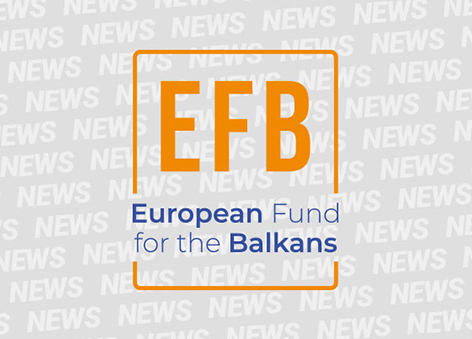
The Balkans in Europe Policy Advisory Group (BiEPAG) meeting, held in Belgrade on 25 May 2015, was an opportunity for members to present the Group’s future plans and to discuss recommendations for policy analysis ahead of the Vienna Western Balkans Summit in August. The four topics on the agenda of the meeting were culture of regional cooperation, creation of jobs and prosperity, freedom of expression and bilateral disputes. This was the second in a series of three ahead of the Vienna Summit. The first preparatory meeting held in Tirana focused on job creation and prosperity, while the third preparatory meeting will be held in Sarajevo in June 2015 and will focus on freedom of expression. The Belgrade meeting was followed by a workshop, “Culture of Regional Cooperation Workshop”, organized within the framework of the newly launched “Civil Society Initiative of the Vienna Western Balkans Summit”. The workshop, which took place on May 26, 2015, in Belgrade, addressed regional cooperation and included the participation of prominent civil society representatives. It was also a great opportunity to reassess the current state of regional cooperation in the Balkans and to identify key issues for the civil society debate and key messages to convey to the WB6 governments at the Vienna Western Balkans Summit. Key recommendations from the Workshop were as follows:
- EU and regional governments should commit themselves to involving and accepting the civil sector as an equal partner in the EU integration process and structural reforms;
- The EU and governments in the region must endorse and support functioning and existing networks in the region that have proven their value and that consistently deliver tangible results;
- Strengthen support for regional cooperation in the area of social development: civil society representatives feel that social development in the region is low on the agenda of regional policy makers and the EU. As an essential element of sustainable and integrated growth in the region, regional cooperation in social development must be intensified and supported;
- The gravity of the problem of migration must be recognized, and regional strategies must be developed to tackle this issue;
- Proposal for regional cooperation of civil society: create a coalition of the willing in the region, not limited to NGOs but including grassroots movements, independent state agencies, media, and others that can serve as watchdogs and at the same time as partners to the EU;
- Support the involvement of the media in affirming the culture of regional cooperation: without serious involvement of the media, it is difficult to build a culture of regional cooperation, as the media play a key role in this context;
- Intensify regional cooperation in the field of education.
“Culture of Regional Cooperation Workshop” was co-organized by the EFB, ERSTE Foundation, Friedrich Ebert Stiftung and Karl Renner Institute. The Vienna Western Balkans Summit will take place on 27 August 2015, with the participation of heads of EU member states and countries of South Eastern Europe. On the day of the Summit, civil society representatives will have the possibility to present their concrete proposals to politicians, hopefully kicking off a process of enhanced civil society engagement.






